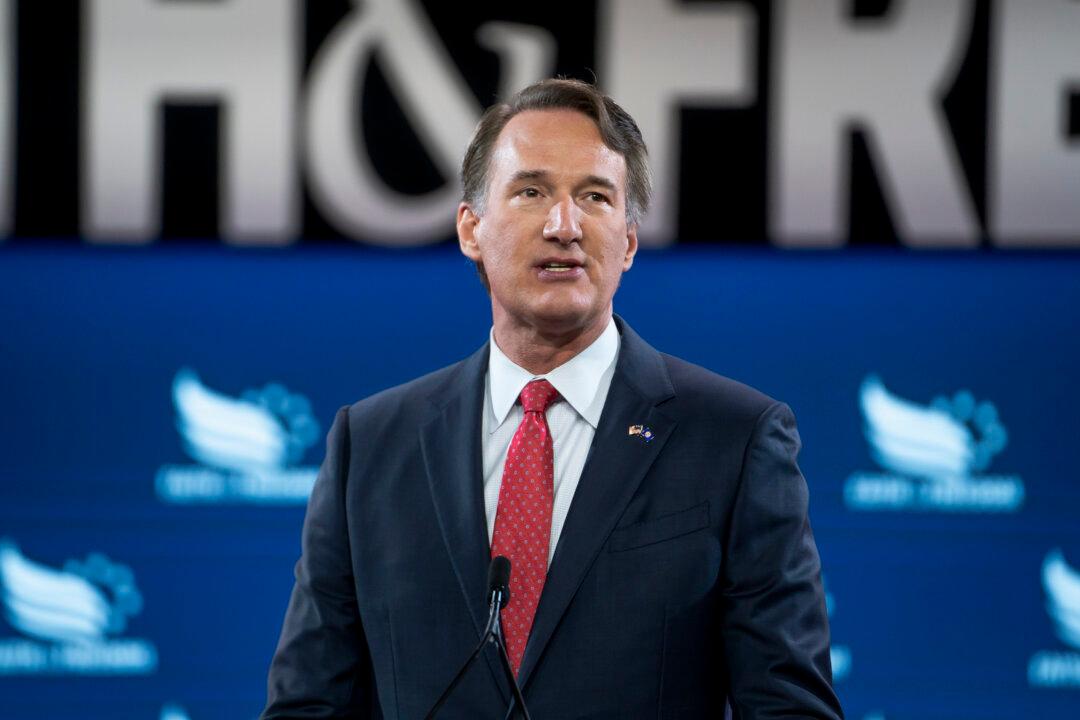Virginia Gov. Glenn Youngkin has ordered public schools in his state to limit students’ use of cellphones in the classroom, as similar restrictions take hold across the nation.
Under an executive order signed on July 9, Virginia’s Department of Education is directed to draft guidance for school districts to adopt policies toward a “cellphone-free education.”





